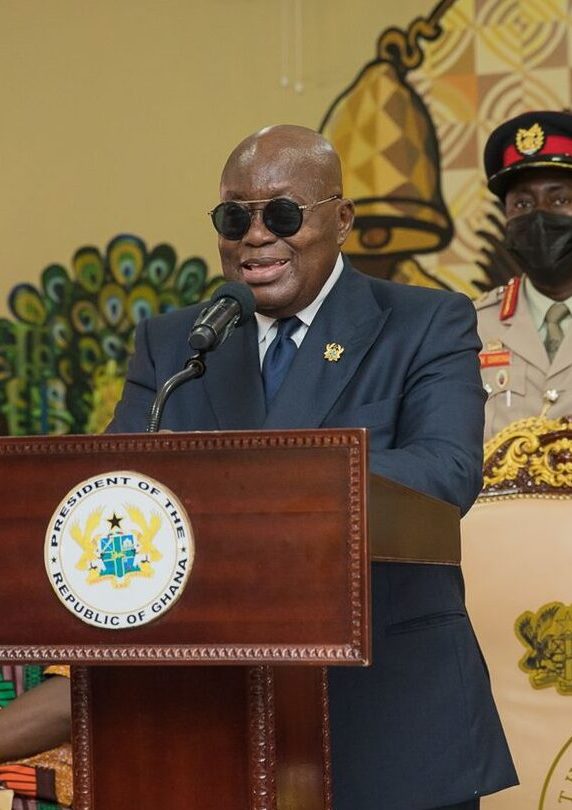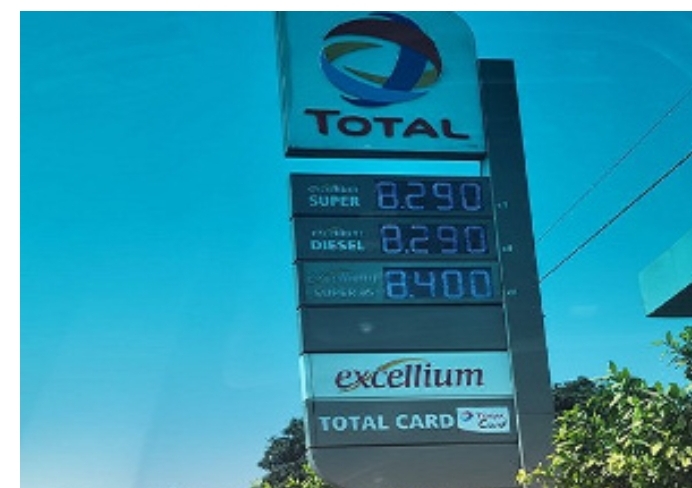Buying and Selling in Ghana: What You Should Know in 2025

Ghana is one of West Africa’s fastest-growing economies, making it a hotspot for local and international trade. From bustling markets in Accra to digital platforms like Tonaton and Jumia, the buying and selling culture in Ghana is vibrant and constantly evolving.
Whether you’re an entrepreneur, small business owner, or someone just starting out, understanding how trade works in Ghana can help you make smart and profitable decisions. Here’s a complete guide to what you should know about buying and selling in Ghana in 2025.
1. Understanding the Market Structure
Ghana’s market system is a mix of informal open-air markets, formal retail shops, and online marketplaces. The informal sector still dominates, especially in urban areas like:
-
Makola Market (Accra)
-
Kantamanto (Accra)
-
Kejetia Market (Kumasi)
-
Takoradi Market Circle
These are centers for wholesale and retail trading of clothing, electronics, food, and general merchandise.
2. Trending Products in 2025
Ghanaian buyers are increasingly tech-savvy and health-conscious. The most in-demand product categories in 2025 include:
-
Electronics (phones, smart TVs, accessories)
-
Fashion and clothing (local and imported)
-
Organic foods and supplements
-
Hair and skincare products
-
Home appliances and furniture
Eco-friendly and locally made products are also gaining popularity among young consumers.
3. The Rise of E-commerce
E-commerce is booming in Ghana. Platforms like:
-
Jumia Ghana
-
Tonaton.com
-
Jiji Ghana
-
Instagram and WhatsApp Business
…are helping sellers reach wider audiences. Having a strong online presence and offering delivery services can significantly increase sales.
Tip: Mobile money (like MTN MoMo) is the most common payment method. Always offer secure and flexible payment options.
4. Know the Legal Basics
If you’re serious about buying or selling, it’s essential to register your business. This can be done through the Registrar General’s Department. You may also need:
-
GRA Tax Identification Number (TIN)
-
FDA certification (for food, cosmetics, and medicine)
-
Customs documents (if you’re importing goods)
Selling fake or unapproved items can lead to legal trouble and fines.
5. Importing and Exporting Goods
Ghana is a major importer of goods from China, Dubai, Turkey, and the UK. When importing:
-
Work with trusted freight forwarders
-
Understand port duties and taxes
-
Get accurate invoices to avoid overpaying
Ghana also exports cocoa, shea butter, fruits, and handicrafts. There’s growing interest in exporting Made-in-Ghana products to the diaspora and international markets.
6. Negotiation & Pricing Culture
In Ghana, bargaining is common, especially in open markets. Always research the average price of goods and be ready to negotiate. As a seller, price fairly but leave room for discounts to attract buyers.
7. Avoiding Scams
With the rise of digital trade, scams have also increased. To stay safe:
-
Meet buyers/sellers in public places
-
Avoid paying upfront for unknown sellers
-
Check reviews on online platforms
-
Use escrow or trusted payment systems for large transactions
Final Advice
Success in buying and selling in Ghana comes down to trust, consistency, and understanding your customer. Whether you’re selling shoes on Instagram or importing phones from China, always prioritize quality, transparency, and good customer service.
The Ghanaian market is full of opportunity — if you do it right.
Source: Thepressradio.com





